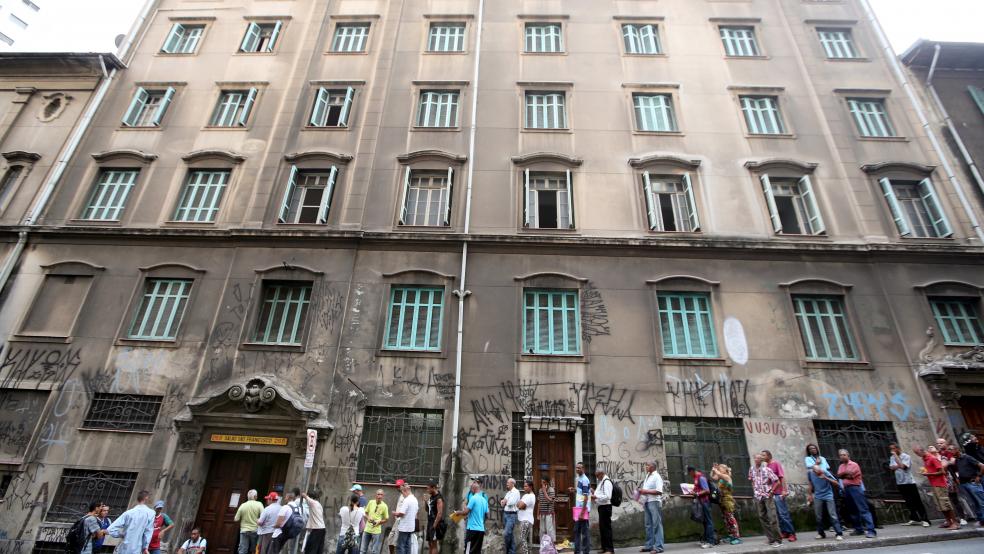SAO PAULO/BRASILIA (Reuters) - Brazil's government needs an additional 500 billion reais ($157 billion) from taxpayers over the next 15 years to put public finances and the national debt on a sustainable path, a private study showed, underscoring the challenge facing a economy grappling with a high tax burden and stagnation.
Spending commitments in education, social security and healthcare that the government assumed after the global financial crisis are adding the equivalent of 0.4 percent of gross domestic product a year to the budget, according to the paper by economists Mansueto Almeida, Marcos Lisboa and Samuel Pessoa.This year, the government needs to raise over 100 billion reais to meet its goal for the primary budget surplus, or the difference between government revenues and expenses, excluding debt servicing, of 1.1 percent of GDP.Through 2030, the economists estimated that over 300 billion reais worth of extra revenue or spending cuts will be required to prevent the gross national debt from surpassing the current level of about 60 percent of GDP.Almeida was a key adviser to Aécio Neves, who lost a run-off presidential election to Dilma Rouseff last October. Lisboa, an economic policymaker in 2003-2007, teaches business at Insper, which released the academic paper this week together with the Fundação Getulio Vargas University, where Pessoa is a professor."The outlook is worrisome because the country can't take any more tax hikes and it's becoming harder by the day to change the country's lavish government spending culture," Almeida said in a phone interview. "Brazilian society must learn to make choices."The paper sheds a light on Brazil's worse-than-expected state of public finances after years of budget profligacy. The ruling Workers' Party eased budget spending controls at the end of last decade, although without securing the necessary recurring revenues to sustain the trend, the economists said in the paper Concerns that Brazil may be on the verge of losing investment-grade ratings are rising Rousseff's austerity push looks unlikely to fully offset plunging tax collections.With the country's population aging rapidly and economic growth poised to remain low for coming years, the outlook for extra state revenues look rather grim, Almeida noted.Pressure to increase taxes, however, could have long-lasting consequences for economic activity: Brazilians spend almost 40 percent of their annual income on taxes, more than any other country in Latin America, the paper found. ($1 = 3.1782 Brazilian reais)Brazil needs extra $157 billion by 2030 to avert crisis, study shows

Paulo Whitaker



